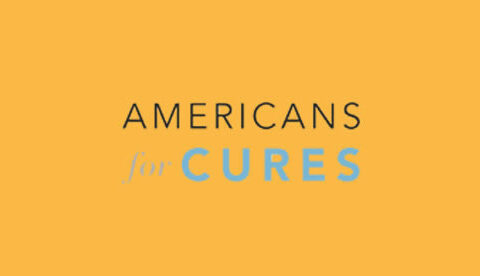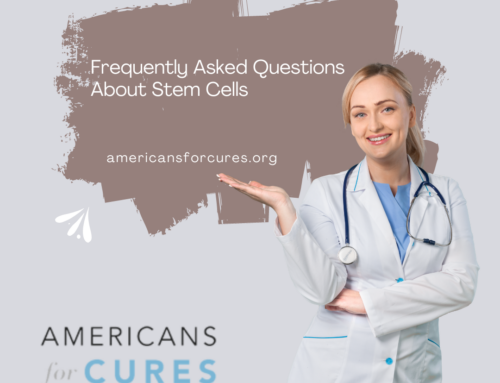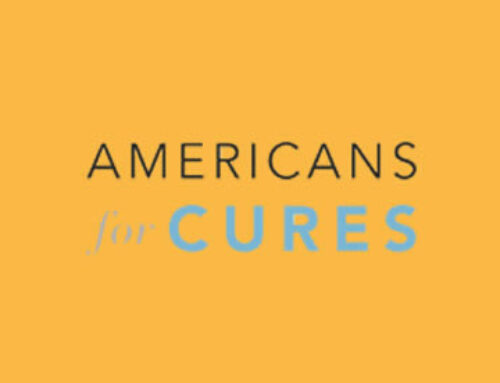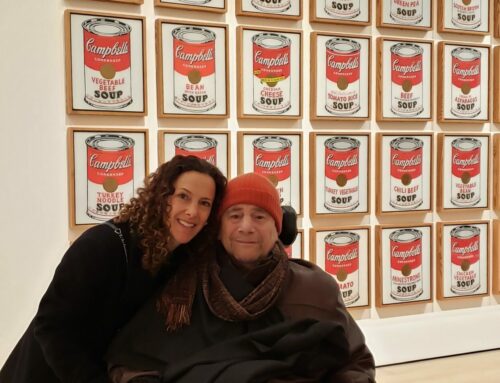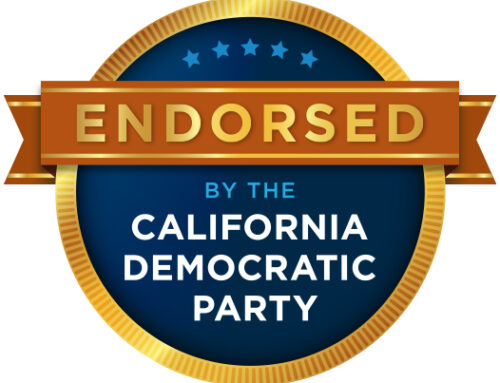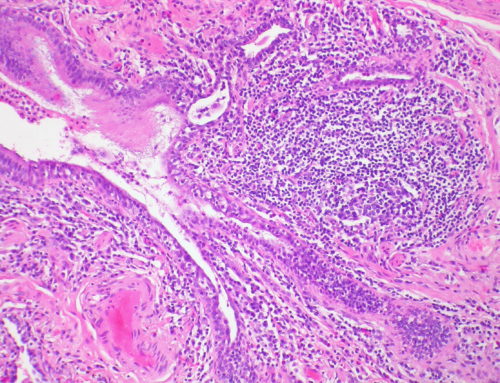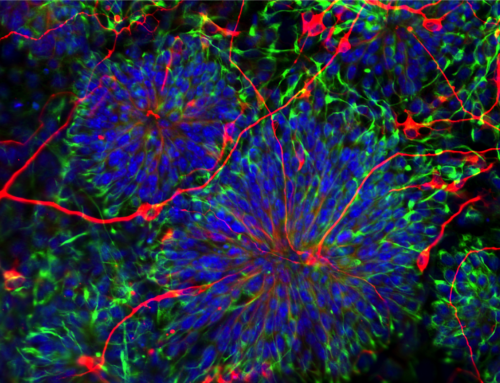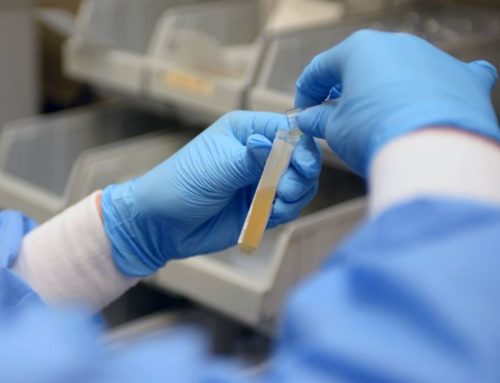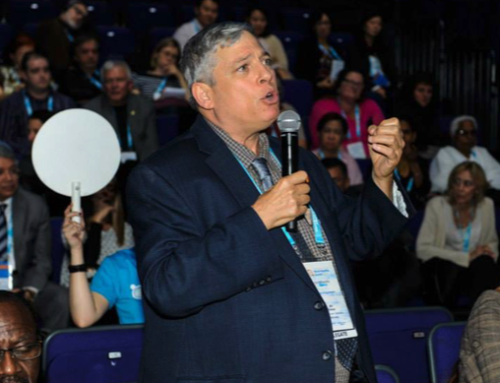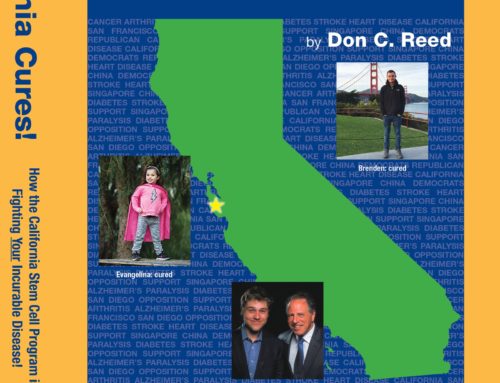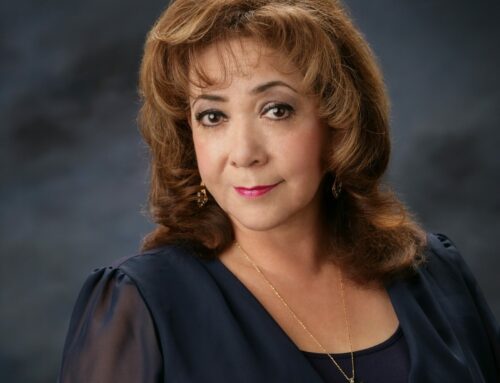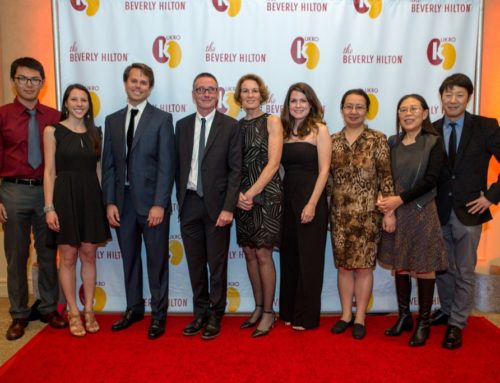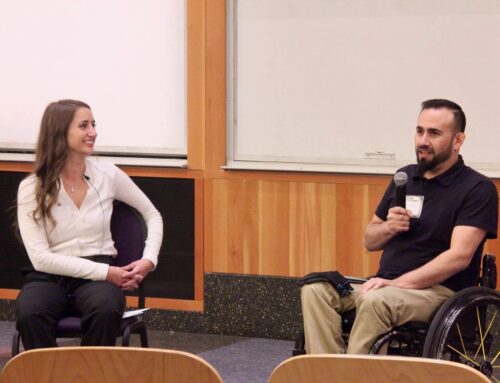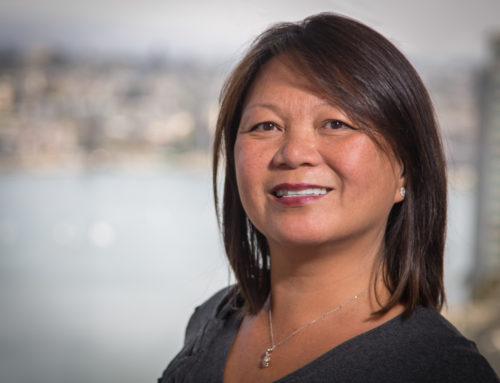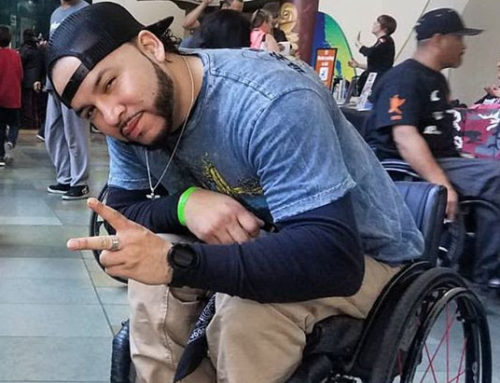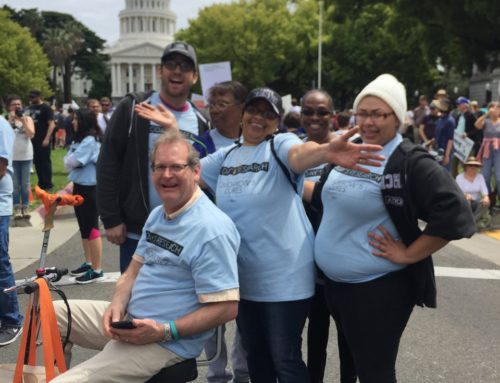When you come to one of the board meetings of the California stem cell program, (and you should, you are welcome!) you will see twenty-nine people sitting behind long tables, arranged in a square so they can see each other. It is nothing fancy, no luxuries: just each person has a pitcher of water before him or her, and a folded piece of cardboard with their name, so they know where to sit.
But in that room decisions are made which may ease suffering, save lives, and change the world.
(For when and where, go to www.cirm.ca.gov, and click on “public meetings”.)
As someone who tries to attend all the board meetings, plus a lot of sub-committee meetings, I never cease to be amazed by the excellence of the people involved.
On the sides of the room sit 8-10 members of the hard-working staff: whoever is connected with the topics on the agenda. These are among just 50 people who make the program come to life: California owes them a debt of gratitude.
But today I want to acknowledge the pioneer members: the very first ICOC board.
As a citizens’ initiative, Proposition 71, The California Stem Cells for Research and Cures Act, was approved by the voters and written into the State Constitution. The plans for the program had been drawn up by Bob Klein, with the able assistance of legal minds like James Harrison. Klein was the first Chairperson, unanimously nominated by the Governor, Lieutenant Governor, Treasurer and State Controller, and voted into that position by the entire board of directors.
But that was just the beginning.
Mountains of work lay ahead: to develop, fine-tune and implement those plans.
The 29-member board of directors was a cross-section of the interested public. Technically titled the Independent Citizens Oversight Committee (ICOC) , they were patient advocates from various disease groups, leaders from the biomedical field, expert researchers—appointed by numerous public officials.
I wondered if they would be able to work together, considering the authority positions they all held. Every one of them was “the Boss” where they worked.
But somehow, perhaps realizing this was an unique opportunity, maybe bigger than anything they had ever done or ever would do— they left their egos at the door. They worked together, each expressing opinions fully, but they were united.
Here is a challenge, one I cannot do: take a moment and try to read the following list all the way through without losing your place… I cannot do it; the brain goes on overload—can there be another committee, anywhere, with such expertise?
1. David Baltimore, Nobel Prize winner at age 37, President, California Institute of Technology;
2. Robert Birgenau, Chancellor of the University of California Berkeley, former President of the University of Toronto;
3. Keith Black, Director of Neurosurgery at Cedars-Sinai, scientifically published at age 17;
4. Susan Bryant, Dean of the School of Biological Sciences at University of California at Irvine, has published more than 100 scientific papers;
5. Michael Friedman, Distinguished Clinical Researcher, Chief Executive Officer at City of Hope;
6. Michael Goldberg, life sciences businessman, winner of Inc., Magazine’s Entrepreneur of the Year;
7. Brian Henderson, Dean of the Keck School of Medicine at the University of California, considered one of the world’s pre-eminent authorities in cancer epidemiology;
8. Edward Holmes, Dean of the School of Medicine at University of California at San Diego, continuously funded by the National Institutes of Health as a researcher from 1975-2000;
9. David Kessler, seven years Commissioner of the U.S. Food and Drug Administration (FDA), Dean of the School of Medicine at University of California San Francisco;
10. Sherry Lansing, patient advocate for cancer research, recently retired chair of the Motion Pictures Group of Paramount Pictures, founder of STOP CANCER, recipient of the Jean Hersholt Humanitarian Award from the Academy of Motion Pictures Arts and Sciences;
11. Gerald Levy, renowned for research on heart and thyroid gland, Vice Chancellor of medical sciences at University of California Los Angeles, previous President of the Association of Professors of Medicine;
12. Ted Love, biotech expert, President and Chief Executive Officer of Nuvelo, former Vice President of Product Development and Regulatory Affairs at Genentech;
13. Dr. Richard Murphy, multiple-award-winning professor, neurotrophin researcher, President and Chief Executive Officer at the Salk Institute;
14. Tina Nova, renowned for research and earned patents in biotechnology, winner of the Athena Pinnacle Award, a Soroptimist Woman of Distinction;
15. Ed Penhoet, Vice Chairman on the ICOC, President of the Gordon and Betty Moore Foundation, immediate past Dean of the school of Public Health, University of California at Berkeley;
16. Philip Pizzo, Dean of Stanford’s School of Medicine, founder of the Children’s Inn, a temporary home for children undergoing treatment at the National Institutes of Health;
17. Claire Pommeroy, Dean of the School of Medicine at the University of California at Davis, Professor of Internal Medicine, Microbiology, and Immunology;
18. Francisco Prieto, diabetes research expert, President of the Sacramento Sierra chapter for the American Diabetes Association;
19. John Reed (no relation to author) pioneer in cellular research, recognized by the Institute for Scientific Information as the world’s most cited scientist in all areas of research from 1997-99;
20. Joan Samuelson, founder and President of Parkinson’s Action Network, patient advocate representative to the Medicare Consumer Advisory Committee;
21. David Serrano Sewell, patient advocate for ALS and Multiple Sclerosis, Deputy City Attorney for San Francisco;
22. Jeff Sheehy, HIV/AIDS advisor to San Francisco Mayor Gavin Newsom, Deputy Director for Communications at the AIDS Research Institute at University of California San Francisco;
23. Jonathan Shestack, Founder of CureAutismNow, CAN, the largest provider of support for autism research and resources in the country;
24. Oswald Steward, Chairman and Director of the Reeve-Irvine Research Center for Spinal Cord Injury at University of California at Irvine, overseer of the Roman Reed Spinal Cord Injury Research Act, (named after my son);
25. Leon Thal, leader of a national consortium of more than 80 centers called the Alzheimer’s Disease Cooperative Study, Chairman and Professor of the Department of Neurosciences at University of California at San Diego;
26. Gayle Wilson, former First Lady of California from 1991-1999, member of board of directors of Gilead Sciences Inc., member of the board of trustees of the California Institute of Technology, holds a bachelor’s degree in biology from Stanford University;
27. Janet Wright, patient advocate for heart disease, practices invasive cardiology as a partner of Northstate Cardiology Consultants, board member of the American College of Cardiology;
28. Marci Feit, newest member of the ICOC board, appointed by Lieutenant Governor Cruz Bustamante to replace Phyllis Preciado of Fresno (Dr. Preciado had to sign off from the board when she moved to Oregon), Chief Executive Officer of the leading non-profit hospital in the Tri Valley Area. As Bob Klein said about Ms. Feit, “She has spent her entire 32-year career devoted to serving patients.”;
29. Robert N. “Bob” Klein, Chairman.
Champions, every one.
This post originally appeared on HuffPost.
Don C. Reed is Vice President of Public Policy for Americans for Cures, and he is the author of the forthcoming book, CALIFORNIA CURES: How California is Challenging Chronic Disease: How We Are Beginning to Win—and Why We Must Do It Again! You can learn more here.



